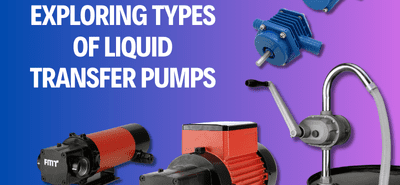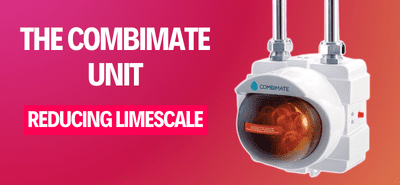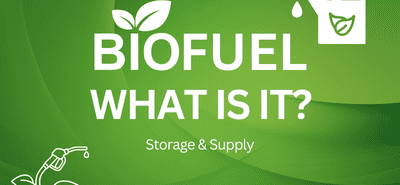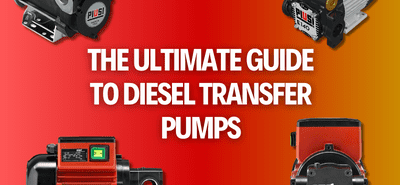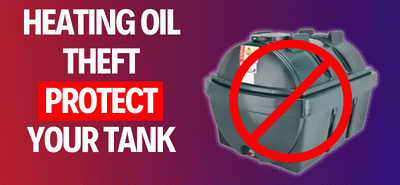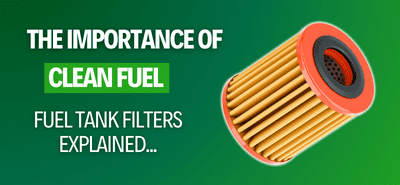What Makes Up A Good Oil Central Heating System?
Oil Heating Equipment
What makes up a good oil central heating system?
A good oil-fired central heating system will contain the same controls as a modern gas-fired system. In particular it should have:
- a room thermostat, ideally located in a living room, not the hallway
- thermostatic radiator valves (TRVs) on all but one of the radiators
- an electronic 7 day timer with separately programmable hot water and room heating
- a cylinder thermostat on the hot water tank
- the boiler and thermostats wired in an interlock to prevent short-cycling when there is no demand for either hot water or room heating
What type of boiler should I install?
Modern oil-fired boilers can be highly efficient and manufacturers claim net seasonal operating efficiencies of up to 97%. As with gas boilers, the highest rated boilers will offer the greatest efficiency, and there are now over 90 “A” rated models on the market. It has been mandatory since April 2007 to install condensing oil boilers to comply with Building Regulations. You can check how a boiler rates by visiting the SEDBUK website. For more information you are recommended to speak to a reputable boiler manufacturer or installer.
Oil-fired combination boilers are also available, providing hot water on demand without the need for a hot water tank. However, it is fair to say that they are a bit slower to provide hot water than some gas combi boilers, and that they are not always recommended except for smaller households.
Oil boilers are available with both balanced flues (where the air for combustion is drawn in through a pipe concentric with the extract flue) and with open flues, where the air for combustion is drawn from the room in which the boiler is sited. Although Building Regulations permit both types of boiler to be located in domestic garages, we recommend that only balanced flue boilers are used in those areas. Most modern boilers use a pressure jet burner; although some vaporising burner machines are still available on the market, they may only be fitted into a limited number of locations.
What type of oil should I use?
Almost all UK domestic central heating systems use 28sec oil, which is sometimes known as kerosene. This fuel burns more cleanly than heavier oil products such as gasoil, which is also known as 35sec heating oil. 28sec oil can also be used in kitchen ranges such as AGA cookers.
As the sulphur content of oil has fallen, some domestic oil suppliers have added additional lubricants to kerosene to enable fuel to be pumped to the boiler more easily. This is not usually necessary for most systems, as modern pumps have been engineered to operate effectively with low-sulphur fuels, but if you are unsure if you would benefit from using such fuels, speak to your equipment supplier.
Some smaller suppliers are looking at producing a bio-heating oil produced wholly from vegetable oils, similar to 100% biodiesel. At the moment this is not widely available in the UK, but could provide a greener alternative to normal heating oil, especially if it uses waste vegetable oils as its feedstock. However, before using it in your system, we would always recommend checking with your boiler manufacturer to ensure that it is suitable, does not wax up in very cold weather and will not damage your burner or invalidate your boiler warranty.
Is oil less friendly to the environment?
A modern high-efficiency oil system can provide an environmentally acceptable alternative, especially for homes that are not connected to the gas main. As with all heating systems, regular servicing will help the boiler burn more cleanly and efficiently, and it is important to match all boilers to modern central heating controls.
Many people are concerned by the threat of Global Climate Change, and are keen to reduce their personal emissions of carbon dioxide (CO2), the main gas contributing to this effect. Official figures from the UK’s Department for the Environment, Farming and Rural Affairs (Defra) indicate a carbon content for domestic heating oil (kerosene) of 0.245kgCO2 per kWh, compared to figures of 0.214kgCO2 per kWh for LPG and 0.184kgCO2 per kWh for gas. However these figures are for gross calorific values, and a typical “A” rated condensing oil boiler achieving 95% efficiency would be responsible for around 5% more CO2 in use. Equivalent gas condensing boilers are a little less efficient, reducing the carbon penalty for oil systems to less than 10% compared to LPG and around 20% for mains gas.
If you are particularly keen to minimise carbon emissions, you may wish to consider supplementing an oil central heating system with a modern wood-burning or pellet stove, using sustainable wood fuel.
How do I install an oil central heating system?
Although there is no legal requirement for oil boilers to be installed by a specially trained person, we strongly recommend that all servicing and installations are carried out by people registered with Oftec, the Oil-Fired Technical Association.
Is there anything else that I should know?
We also recommend that all oil-fired systems are fitted with an automatic shut-off in the event of fire, known as a fire valve. This will prevent a fire spreading to the external oil tank. Most tanks are now made of plastic and so are easy to maintain; there are quite complex regulations on where they may be sited and your local council’s Building Control Officer should be able to advise you on these. All boiler installations are required to conform to Part J of the Building Regulations, and oil-fired systems should also meet British Standard BS 5410.
Are there greener alternatives to oil?
If you are concerned about climate change and the use of fossil fuels, there are a number of alternatives to consider. If you are connected to the gas network, then this is the easiest route to go, even though it is still using a finite fossil fuel with emissions that are only about 20% better than oil. If you would prefer to use lower carbon renewable technologies, then there are two main alternatives:
- Biomass
Biomass systems simply replace the old boiler with a new one, generally running on wood pellets or, for larger installations, wood chip. Although pellets are not the cheapest option, they are usually the most convenient, as they can be delivered in bulk by a tanker and stored in a hopper that permits automatic fuelling of the boiler. Wood chips, or more traditional biomass such as logs, tend to need manual refuelling, but can be very good value, especially if you live on a property such as a farm that generates waste wood thinnings. Biomass has the added advantage that when sourced from well-managed sources it is almost carbon neutral, with new plantings offsetting the CO2 from the fuel used. - Heat Pumps
Heat Pumps are another alternative. They extract stored heat from the land or air surrounding a property, and pass this through a heat exchanger to warm up the water in a central heating system. Air Source Heat Pumps simply fix onto the outside of a building, rather like an air-conditioning unit working in reverse. Although they can occasionally be a little noisy or unsightly, they can be retro-fitted onto many properties. Ground source heat pumps work by tapping stored energy in the ground (or more rarely a water source). They generally require external collector loops to be laid adjacent to the property in trenches or boreholes. Heat pumps are normally electrically driven, but deliver up to four times as useful heat energy into the building as they consume in electrical energy.
As oil is a relatively high carbon (and costly) fuel, it also makes sense to limit your demand for it by making sure that your home is as energy efficient as possible. And most oil boilers work very well with solar water heating, which can provide most of your domestic hot water in the spring, summer and autumn months.
At Fueldump and Atkinson Equipment we supply a wide range of oil heating equipment to help you get the best out of your oil fired appliances and your oil storage equipment. Please Visit our main website Fueldump and see our large selection of oil heating equipment products.

